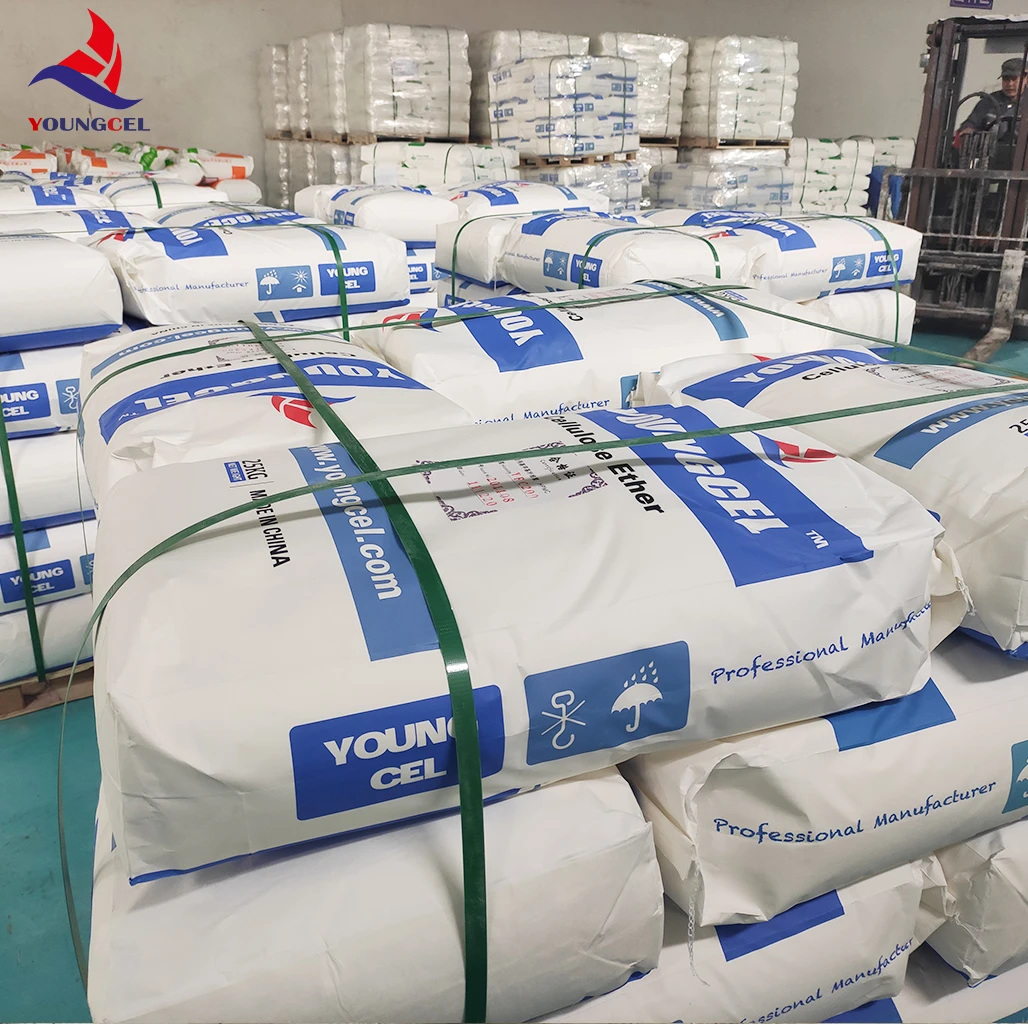The Role of Cellulose in Industrial Applications
Cellulose, one of the most abundant organic polymers on Earth, plays an indispensable role in various industrial processes due to its unique properties and versatility. Obtained primarily from plant cell walls, cellulose is a complex carbohydrate that serves as a vital resource in numerous applications, driving innovation across multiple sectors.
The Role of Cellulose in Industrial Applications
Moreover, cellulose is crucial in the paper and packaging industry. The demand for paper products, ranging from printing paper to packaging materials, remains robust. Cellulose fibers are processed to create a variety of paper grades, each tailored to specific uses. The advent of sustainable packaging solutions has propelled the use of cellulose-based materials, as they offer an eco-friendly alternative to petroleum-based plastics. The development of biodegradable films and coatings from cellulose not only enhances product performance but also addresses pressing environmental concerns associated with plastic waste.
cellulose for industrial

In the food industry, cellulose is increasingly utilized as a food additive. Its ability to form gels, thicken, and stabilize products makes it a valuable ingredient in various food formulations. Cellulose derivatives, such as carboxymethyl cellulose (CMC) and microcrystalline cellulose (MCC), are commonly employed in ice creams, sauces, and baked goods. These additives help improve texture, extend shelf life, and enhance the overall quality of food products while preserving their nutritional content.
Furthermore, cellulose is making waves in the realm of biofuels and bioplastics. As industries strive towards more sustainable practices, researchers are exploring the potential of cellulose as a raw material for bioethanol production. By converting cellulose into fermentable sugars, it can serve as an eco-friendly source of energy, reducing dependence on fossil fuels. Additionally, advancements in technology have led to the development of bioplastics derived from cellulose, which offer a biodegradable alternative to traditional plastics, thereby mitigating environmental impact.
Finally, the pharmaceutical industry harnesses the properties of cellulose for various applications, including excipients in drug formulations. Microcrystalline cellulose is widely used as a binder, filler, and disintegrant in tablets and capsules, ensuring the effective delivery of active pharmaceutical ingredients.
In conclusion, cellulose is a multifaceted biopolymer that serves as a crucial material in countless industrial applications. Its renewable nature, versatility, and biodegradability make it an ideal candidate for the sustainable innovations that modern industries require. As technology continues to evolve, the potential uses for cellulose are likely to expand, further solidifying its importance in a sustainable future. Whether in textiles, packaging, food, energy, or pharmaceuticals, cellulose’s impact on industrial processes is profound and will continue to grow in significance as the world moves towards greener alternatives.
-
Rdp Powder: Key Considerations for Wholesalers in the Building Materials IndustryNewsJul.08,2025
-
Key Considerations for Wholesalers: Navigating the World of Hpmc - Based ProductsNewsJul.08,2025
-
Hpmc Detergent: Key Considerations for WholesalersNewsJul.08,2025
-
Key Considerations for Wholesalers: China Hpmc For Tile Adhesive, Coating Additives, Concrete Additives, and MoreNewsJul.08,2025
-
Crucial Considerations for Wholesalers: Navigating the World of Construction MaterialsNewsJul.08,2025
-
Key Considerations for Wholesalers Sourcing Additive For Cement, Additive For Concrete, Additive For Putty from Additive Manufacturer Shijiazhuang Gaocheng District Yongfeng Cellulose Co., Ltd.NewsJul.08,2025




